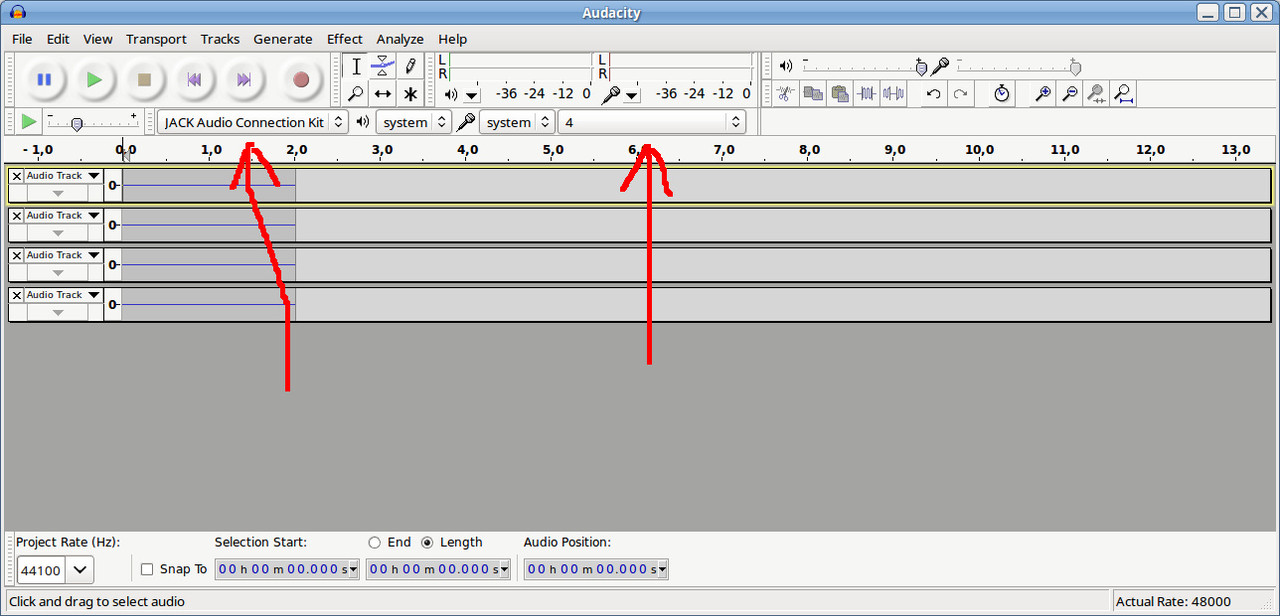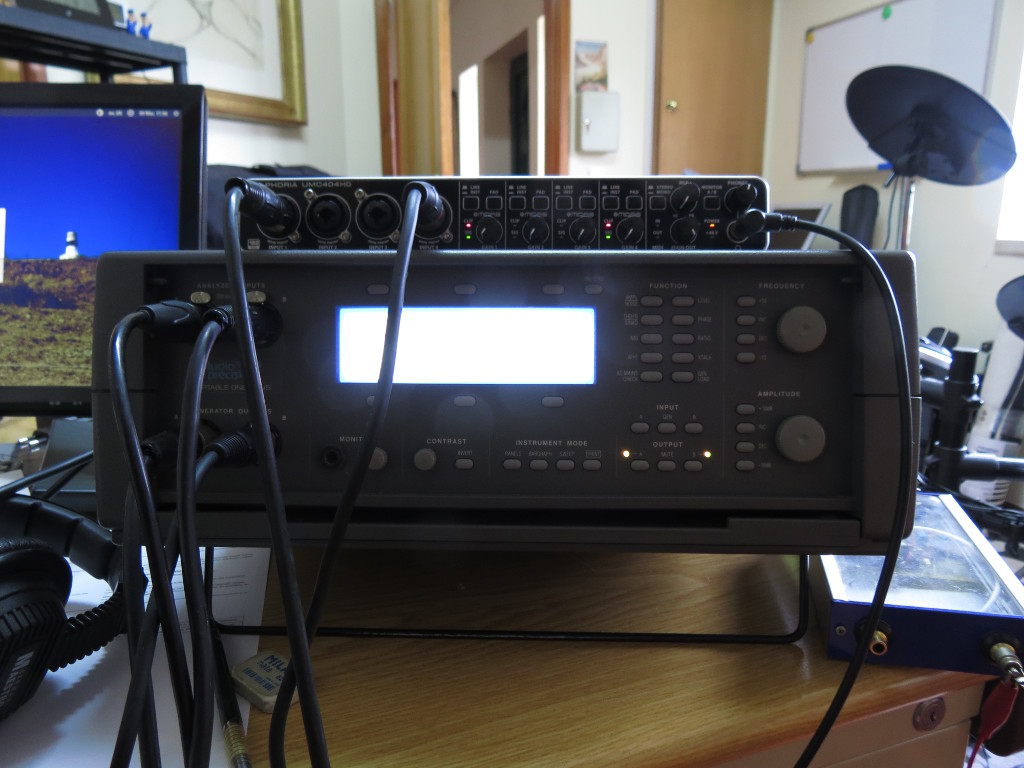khz wrote:Everything that was recognized with "not good" click on the following links "
http://wiki.linuxaudio.org/wiki/system...." and read and change accordingly.
Then perform the quickscan again for checking.
Realtime kernel is optional, good to have but not mandatory. IMHO
Q: How to optimize my system for audio / midi ?
A: For some uses, it can be helpful to run a realtime (RT) kernel, but generally this isn't necessary anymore. See the following JACK FAQ entry: Do I need a realtime kernel to use realtime scheduling?
In Linux kernels 3.0 and later, many of the additionally required realtime patches have been incorporated as standard. For those who are recording Audio, a standard non-realtime kernel may be sufficient for your needs, and running Jack with a non realtime kernel will work fine.
You need to configure your system, however, to allow JACK to use realtime scheduling.
This wiki has some more articles and general information about real time operation.
Those who produce a lot of MIDI I/O, may want to use a Linux kernel with non-standard timer interrupt frequency (aka “tick rate”). The standard frequency is set at 250 Hz, and realtime kernels are generally set at 1000 Hz. You may still have to use a realtime kernel to obtain accurate MIDI playback using the higher timing setting.
https://wiki.linuxaudio.org/faq/start
If there are problems/questions to the individual points (not good >> "
http://wiki.linuxaudio.org/wiki/system....") please ask here.
Hello all!!
Despite I've been out for awhile (involved in performing/teaching projects), this week I had the chance to record two nights of concerts during a trombone festival in Paraíba I've promoted.
Back to the topic of "QUICK SCAN" I've finally had the time to read and investigate most of the "NO GOOD" indications and here is my last scan done tonight:
== GUI-enabled checks ==
MAY 27 2018 @ 22:29
Checking if you are root... no - good
Checking filesystem 'noatime' parameter... 4.13.0 kernel - good
(relatime is default since 2.6.30)
Checking CPU Governors... CPU 0: 'performance' CPU 1: 'performance' CPU 2: 'performance' CPU 3: 'performance' - good
Checking swappiness... 10 - good
Checking for resource-intensive background processes... none found - good
Checking checking sysctl inotify max_user_watches... >= 524288 - good
Checking access to the high precision event timer... readable - good
Checking access to the real-time clock... readable - good
Checking whether you're in the 'audio' group... yes - good
Checking for multiple 'audio' groups... no - good
Checking the ability to prioritize processes with chrt... yes - good
Checking kernel support for high resolution timers... found - good
Kernel with Real-Time Preemption... not found - not good
Kernel without real-time capabilities found
For more information, see
http://wiki.linuxaudio.org/wiki/system_ ... ime_kernel
Checking if kernel system timer is high-resolution... found - good
Checking kernel support for tickless timer... found – good
== Other checks ==
Checking filesystem types... ok.
not found.
** Warning: no tmpfs partition mounted on /tmp
For more information, see:
-
http://wiki.linuxaudio.org/wiki/system_ ... tion#tmpfs
-
http://lowlatency.linuxaudio.org
** Set $SOUND_CARD_IRQ to the IRQ of your soundcard to enable more checks.
Find your sound card's IRQ by looking at '/proc/interrupts' and lspci.
I did them mostly tonight, but even with all the "no good" warnings, I've been using my Laptop for recording and doing mixing using both Ardour and MixBus (after installing the KX repos AMAZING stuff thank you!!) I'll try to fix the remaining warnings but the REAL TIME is something that I really have doubts. I also installed a low latency Kernel and did not notice a huge difference in terms of performance.
I'll do some test with latency/buffer/compensation and let you all know ok?
Again thank you for your support
I was also able to record a live recording with a very old mini pc (2008) Intel dual core running Mint with Ardour and Jack running (after installing the KX repos). I've recorded with all 4 channels @ 24Bits 96K

